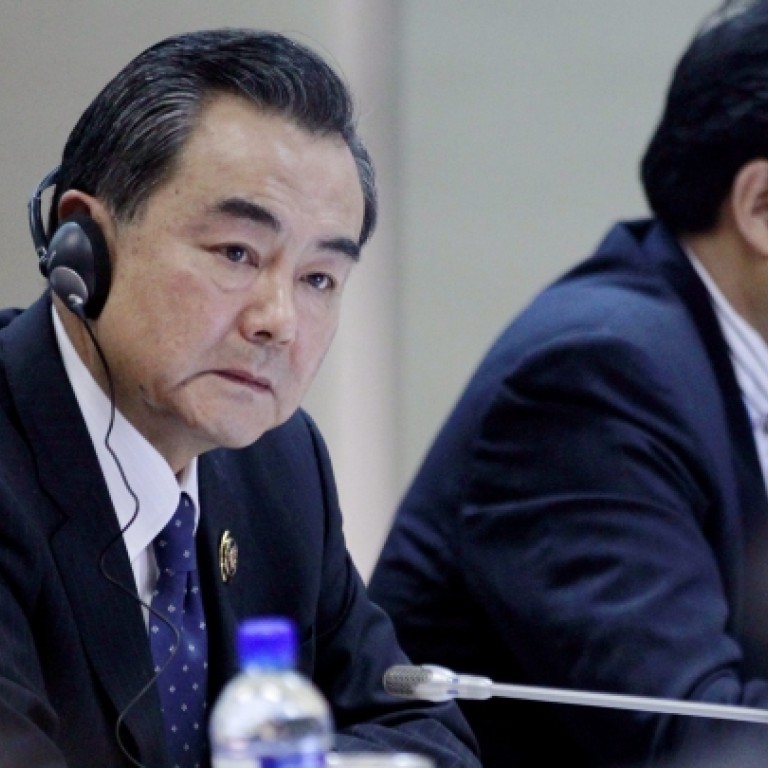
China-Asean code of conduct can ease tensions
China's agreement to discuss a code of conduct with the Association of Southeast Asian Nations aimed at avoiding tension and conflict in the South China Sea is a significant change of tone in relations with the 10-member group that reflects its growing role as a regional and global power. A framework for co-operation agreed between Beijing and Asean more than a decade ago could have led to a code of conduct. But until now Beijing has insisted that territorial disputes in the South China Sea involving China and Asean nations be resolved bilaterally between Beijing and each of the other nations.
China's agreement to discuss a code of conduct with the Association of Southeast Asian Nations aimed at avoiding tension and conflict in the South China Sea is a significant change of tone in relations with the 10-member group that reflects its growing role as a regional and global power. A framework for co-operation agreed between Beijing and Asean more than a decade ago could have led to a code of conduct. But until now Beijing has insisted that territorial disputes in the South China Sea involving China and Asean nations be resolved bilaterally between Beijing and each of the other nations.
This asserted a nationalistic stance. The new approach reflects a greater focus on the strategic big picture, and an awareness that the international community expects China to use its growing influence to help resolve regional and international problems. This has been evident since Xi Jinping formally took over the leadership in March, through high-profile overseas visits, including a summit with President Barack Obama, and contacts with other state leaders. It also surfaced during the latest Asean meetings, with foreign minister Wang Yi separately meeting counterparts for informal consultations on the sidelines of Asean security talks in Brunei.
Amid the so-called American pivot back towards Asia and rising expectations of China as a responsible global power, China's new leaders are right to use soft power and diplomacy to seek support and understanding and cultivate good relations with its regional neighbours.
As a result, the Asean summit and regional security talks ended positively, despite complaints from the Philippines about Chinese ships approaching a reef where it maintains a small military force. China agreed to hold "official consultations" on a proposed code of conduct governing naval actions in the South China Sea at a meeting with Asean in China planned for September.
Beijing's approach helped avoid the acrimony that marred last year's Asean meeting in Phnom Penh. Hopefully, setting a date to talk about a code of conduct will start a process that can bring long-lasting gains. Complex, multiparty disputes over territorial sovereignty in the South China Sea could take decades to resolve, with an abiding risk of misunderstandings and mishaps that can be greatly reduced by a clear code of conduct.
